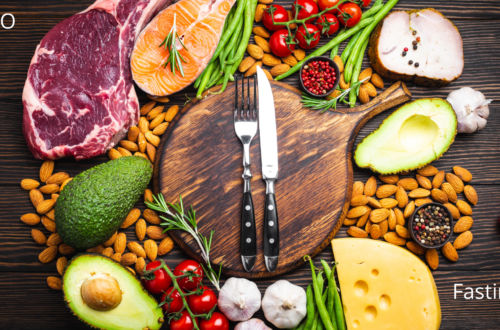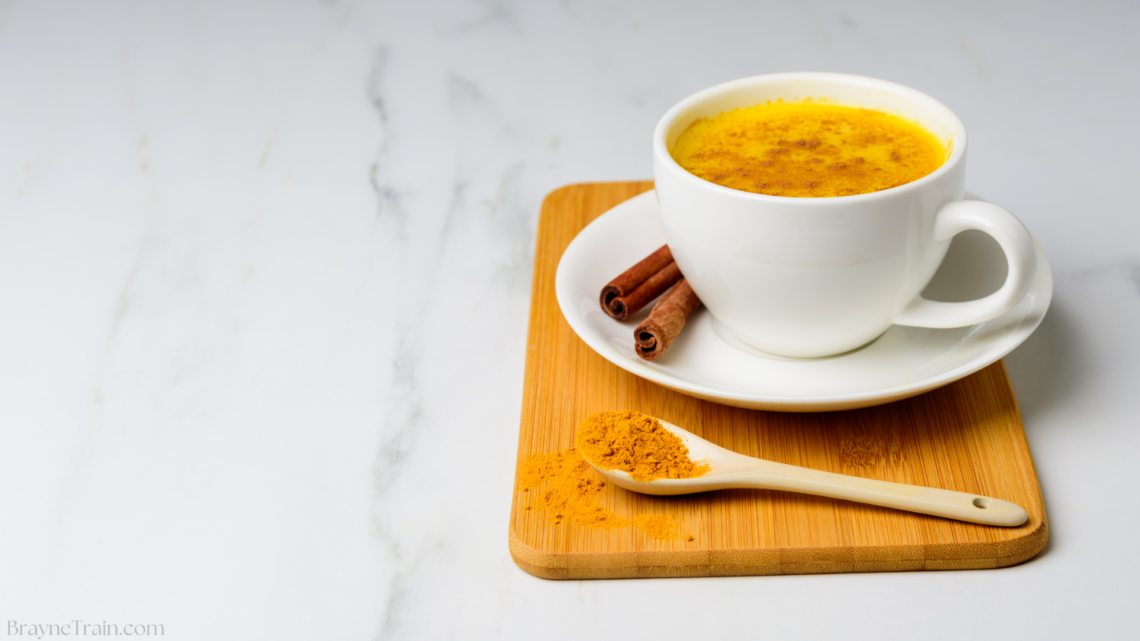
When Is The Best Time To Drink Turmeric Tea?
Curcuma Longa, otherwise known as turmeric, is a unique, golden-colored spice used in traditional Indian medicine for centuries.
Turmeric is considered by many the ultimate superfood due to its fantastic health effects.
In addition to using turmeric as a spice for cooking, turmeric tea is another popular way of consuming this superfood for its health benefits.
As a general rule, the best time to drink turmeric tea is 30 minutes after eating your meals and twice daily for the best results.
How To Make Turmeric Tea The Right Way:
Ingredients for making turmeric tea:
- ½ tsp turmeric
- ¼ tsp cinnamon powder
- Two cardamoms
- A pinch of black pepper (according to taste). Black pepper helps enhance the absorption of turmeric.
- ¼ tsp of ginger
- Add ingredients to 1 and ½ glasses of water, boil for 10 minutes, and your tea is ready.
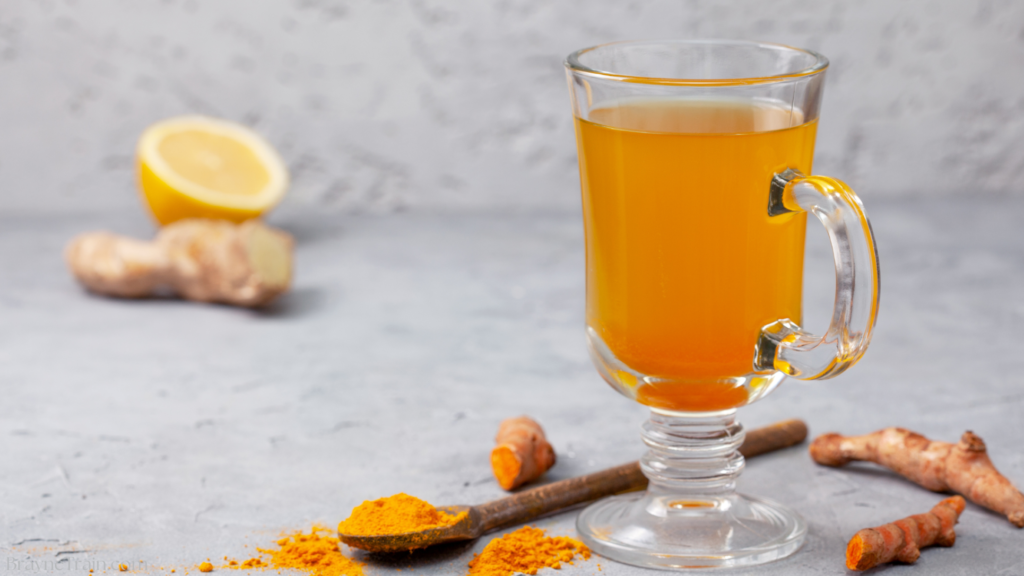
How Much Turmeric Should You Have Per Day?
Consuming 2 grams of turmeric daily is the recommended amount for benefiting from its amazing health effects.
Turmeric helps detoxify the liver and the body. It stabilizes blood sugar by helping the body process the sugar in food properly, making this spice great for diabetic patients.
Top 11 Health Benefits of Drinking Turmeric Tea Every Day:
Curcumin, the active ingredient in turmeric, is a powerful antioxidant and anti-inflammatory agent which gives turmeric its superfood powers.
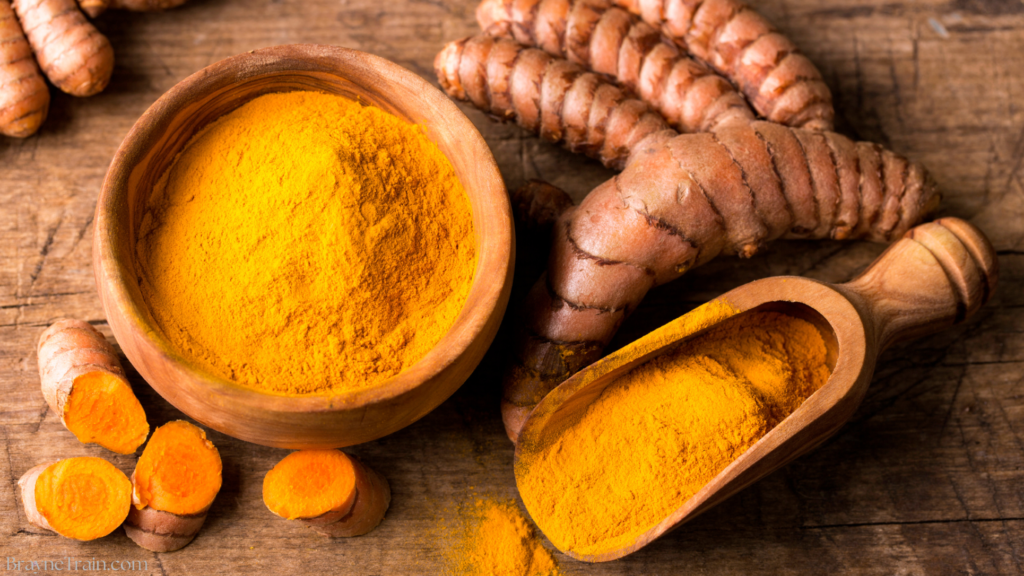
1. Weight Loss
In 2015 the Journal of Nutritional Biochemistry published a study that indicated turmeric to be effective for weight loss.
Curcumin in turmeric alters fat cells’ composition, turning white fat cells into brown fat cells, which are active and can be burned off.
In addition, curcumin helps lower insulin levels, stabilize blood sugar, and lower fat accumulation in the body.
To learn more tips for losing weight quickly, click here.
2. Helps Improve Irritable Bowel Syndrome & Aids Digestion
The active ingredient in turmeric, curcumin, is one of nature’s most potent anti-inflammatory remedies.
Both animal and human studies have shown using 2 grams of turmeric daily helps improve bowel inflammation and digestive problems such as irritable bowel syndrome and Crohn’s disease.
3. Induces Autophagy
Autophagy is the body’s natural cellular recycling process in which the body gets rid of old damaged cells.
Fasting induces autophagy because the body goes into an energy-deprived state.
Scientific studies have shown that consumption of turmeric can mimic fasting and help upregulate autophagy by activating AMPK and inhibiting mTOR.
Additionally, research has shown curcumin, the active ingredient in turmeric, to be effective in reducing the size of cancerous tumors by killing cancerous cells.
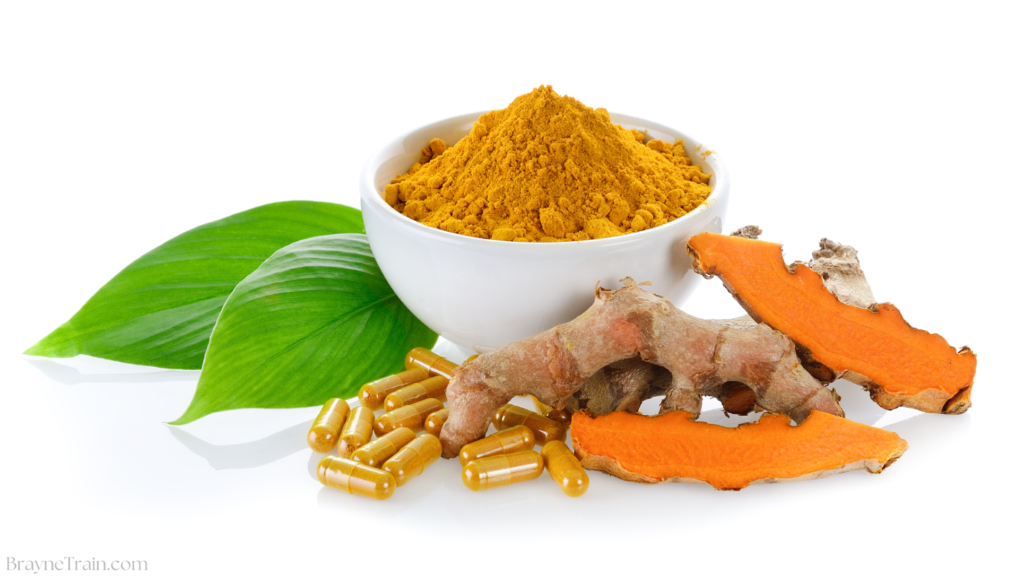
4. Gets Rid of Acne
Turmeric helps brighten up the skin and get rid of acne.
Turmeric is a natural alternative to antibiotics and antimicrobial treatments; these properties can help eliminate acne and clear skin.
5. Helps Prevent Hairloss
Curcumin helps prevent hair loss by strengthening the hair follicles. More robust hair follicles mean healthier, stronger hair.
6. Boosts Immunity
Regular consumption of turmeric can help protect you from getting sick.
Studies have indicated turmeric to be an effective medicinal herb for preventing sicknesses such as the common cold and flu.
The antioxidant, antimicrobial, anti-inflammatory, and antiviral effects of turmeric help strengthen the immune system and reduce the chances of getting sick.
Scientists encourage increasing turmeric intake during the flu season to help strengthen your immune system.
7. Reduces Joint Pain & Inflammation
The natural anti-inflammatory effect of turmeric can help reduce joint pain and inflammation.
A meta-analysis of 8 randomized trials indicated that having 1000mg of turmeric per day can help improve the symptoms of patients with arthritis by reducing inflammation in their joints.
Patients treated with turmeric reported improvement in stiffness, walking, and overall movement.
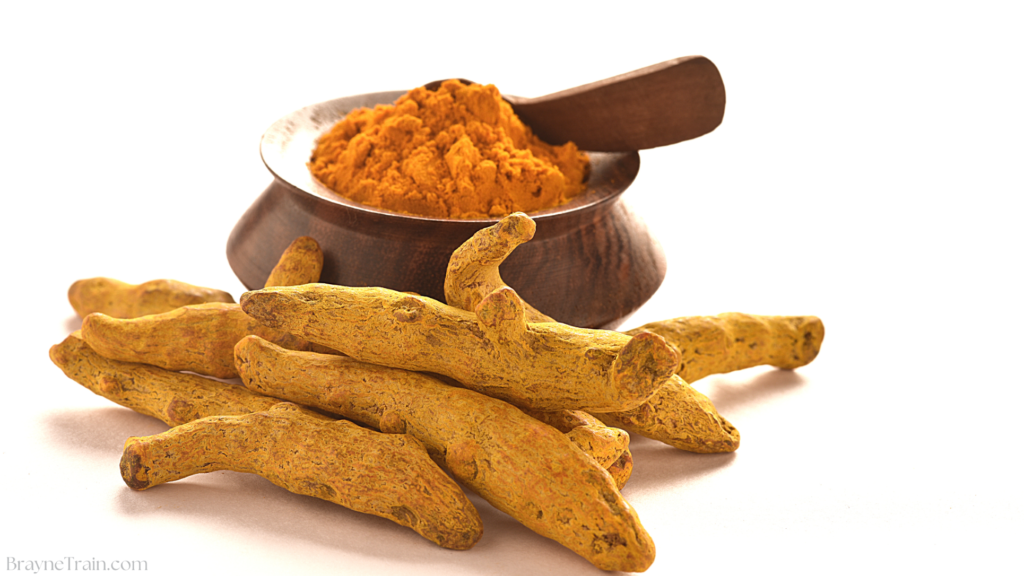
8. Anti-aging effect
The anti-inflammatory and antioxidant effects of curcumin can help slow down the aging process.
Free radicals are commonly caused by UV light, exposure to X-rays, ozone, cigarette smoking, air pollutants, and industrial chemicals, and can speed up the aging process.
Antioxidants found in turmeric help eliminate free radicals and therefore slow down aging.
9. Whitens Teeth
A 2013 study proved that turmeric could help whiten teeth.
Dip your toothbrush in olive oil or coconut oil and then in turmeric powder; brush your teeth for 2 minutes.
You should see results in two to four weeks.
10. Cures Sore Throat
The antimicrobial and antiviral effects of turmeric make this superfood an excellent cure for sore throat.
Turmeric milk is a remedy that’s been traditionally used in Indian medicine for curing sore throat and cough.
Add turmeric and ginger to a cup of warm milk, simmer for 10-15 minutes, add raw honey, and your turmeric milk is ready. Drink it warm for the best results.
11. Enhances Brain Function & Improves Mood
A meta-analysis done in 2019 indicated curcumin to have a powerful effect on reducing anxiety and stress.
Curcumin helps decrease inflammation in the brain, resulting in the reduction of stress and anxiety.
A 2007 study published in the Journal of Ethnopharmacology found that curcumin increases serotonin and dopamine levels; both neurotransmitters help improve mood and make you happier overall.
Certain animal studies have indicated turmeric to help decrease depression and improve mood by increasing brain plasticity.
Takeaway
Turmeric is a powerful superfood with antimicrobial, antiviral, and anti-inflammatory properties that can help strengthen the immune system, clear up acne and improve brain function, in addition to many other health benefits. Drinking turmeric tea 30 minutes after meals and twice daily is ideal for benefiting from turmeric’s powerful health effects. We hope you enjoyed this post! Thank you for reading!
References:
Xia X, Cheng G, Pan Y, Xia ZH, Kong LD. Behavioral, neurochemical and neuroendocrine effects of the ethanolic extract from Curcuma longa L. in the mouse forced swimming test. J Ethnopharmacol. 2007 Mar 21;110(2):356-63. doi: 10.1016/j.jep.2006.09.042. Epub 2006 Oct 17. PMID: 17134862.
Wu A, Noble EE, Tyagi E, Ying Z, Zhuang Y, Gomez-Pinilla F. Curcumin boosts DHA in the brain: Implications for the prevention of anxiety disorders. Biochim Biophys Acta. 2015 May;1852(5):951-61. doi: 10.1016/j.bbadis.2014.12.005. Epub 2014 Dec 27. PMID: 25550171; PMCID: PMC4754352.
Wang C, Zhang X, Teng Z, Zhang T, Li Y. Downregulation of PI3K/Akt/mTOR signaling pathway in curcumin-induced autophagy in APP/PS1 double transgenic mice. Eur J Pharmacol. 2014 Oct 5;740:312-20. doi: 10.1016/j.ejphar.2014.06.051. Epub 2014 Jul 17. PMID: 25041840.




